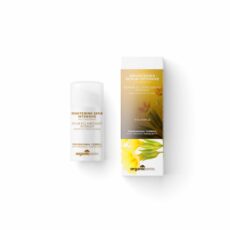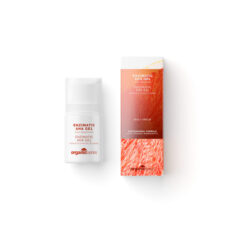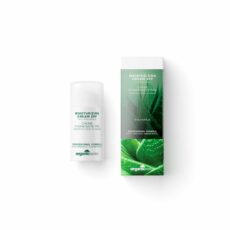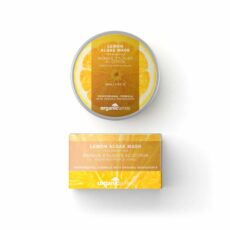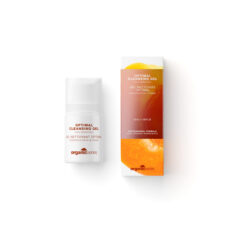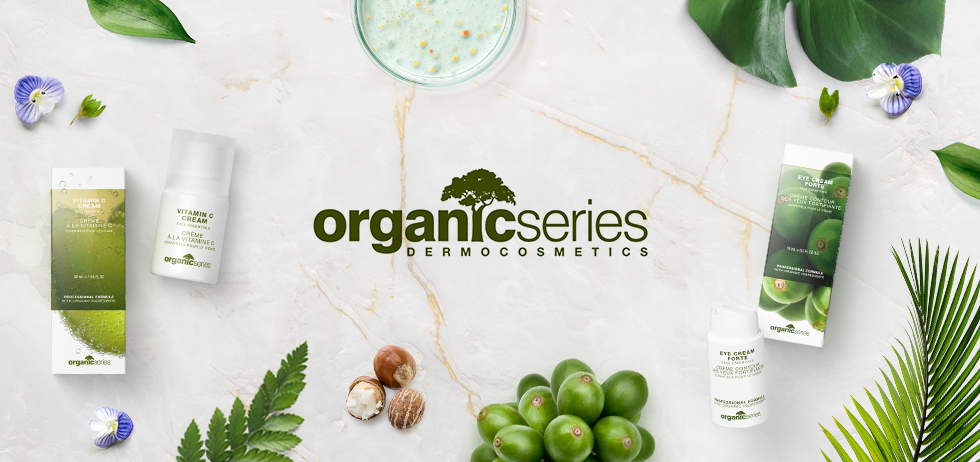Fight skin discolourations – introduction
Skin discolourations can be a frustrating and worrying concern for many people, but with the right knowledge and tools, it’s possible to combat this issue effectively. Discolourations may be caused by a variety of factors such as sun damage, age, genetics, and even certain medical conditions. Fortunately, there are numerous ways to address skin discolourations and achieve a more even, radiant complexion. In this article, we’ll explore six expert tips on how to fight skin discolourations and reveal more youthful and healthy skin. From effective skincare routines to dietary changes, these tips are backed by science and can help you achieve a brighter, more even skin tone.
Understanding the causes of skin discolouration
Discolourations on the skin may appear in different ways and forms. Some of the types of skin discolouration include hyperpigmentation, hypopigmentation, melasma, vitiligo, and post-inflammatory hyperpigmentation. Hyperpigmentation refers to the excessive production of melanin, the pigment that provides colour to the skin, leading to dark spots and patches. Hypopigmentation refers to a loss of pigmentation, resulting in the skin becoming lighter than normal.
Melasma is a skin condition characterised by the development of brownish patches on the skin, and it is commonly caused by hormonal changes during pregnancy or the use of birth control pills. Vitiligo is a skin condition characterised by the loss of melanin on the skin, resulting in the development of white patches. Lastly, post-inflammatory hyperpigmentation is characterised by the dark marks that are left on the skin after an injury or skin condition, such as acne.
To fight skin discolourations, there are six best expert tips you should consider. First, it is important to use a high SPF sunscreen to avoid the occurrence or worsening of discolourations due to sunlight exposure. Sunscreen must be applied daily, even when it is cloudy or during winter. Second, quitting smoking and reducing alcohol and caffeine intake can help improve skin health and reduce skin discolouration. Third, maintaining a healthy diet and staying hydrated can significantly improve skin health, hence reducing the risk of developing skin discolouration.
Fourth, using skin-lightening agents, such as hydroquinone, kojic acid, and retinoids is an effective way of eliminating skin discoloration. However, they should only be used as advised by a dermatologist. Fifth, incorporating facial peels, chemical exfoliants, and topical creams can help improve skin texture and appearance by removing damaged surface skin and encouraging cell turnover. Lastly, laser treatment such as Intense Pulsed Light and Fractional Laser Therapy are effective procedures that can be used in correcting skin discolourations.
In summary, understanding the causes of skin discolouration and seeking proper medical advice can help you manage or cure skin discolouration. Implementing expert tips, such as using sunscreen, quitting smoking, staying hydrated, skin-lightening agents, exfoliants, and laser treatment can also be very beneficial. So, it’s imperative to take good care of your skin and not let discolouration bring down your confidence.
Adopting a healthy skincare routine

The first tip is to use sunscreen consistently. Protection from harmful UV rays is essential to prevent the formation of discolourations caused by sun damage. Make sure to incorporate a broad-spectrum sunscreen with an SPF of 30 or higher into your daily skincare routine. Reapply every two hours, especially if spending extended periods outdoors.
The second tip is to exfoliate regularly. Exfoliation helps remove dead skin cells, which can contribute to an uneven skin tone. However, be gentle and do not over-exfoliate, as it can irritate the skin. Experts recommend exfoliating twice a week.
The third tip is to incorporate Vitamin C into your skincare routine. Vitamin C is a powerful antioxidant that brightens the complexion and helps fade dark spots. Look for skincare products containing at least 10% Vitamin C for the best results.
The fourth tip is to use retinoids. Retinoids are derivatives of Vitamin A, which are known to stimulate cell turnover and promote collagen production. They can also help reduce the appearance of discolourations and fine lines. It is important to start with a low concentration and gradually increase usage to avoid skin irritation.
The fifth tip is to avoid picking at your skin. Picking at scabs, blemishes or acne can lead to post-inflammatory hyperpigmentation, which is a form of discolouration. It is best to leave your skin to heal naturally or seek advice from a dermatologist.
Lastly, it is essential to maintain a healthy lifestyle. Eating a balanced diet, staying hydrated, and reducing stress levels can contribute to healthy, glowing skin. Adequate sleep is also essential to prevent the formation of dark circles under the eyes.
Best treatments for skin discolourations
1. Use sunscreen daily: Sun exposure is one of the leading causes of skin discolourations, so it’s important to protect your skin from the damaging effects of UV rays. Wear a broad-spectrum sunscreen with an SPF of at least 30 every day, even if you’re just going to be inside or in the car.
2. Topical lightening agents: There are a number of different topical treatments available for skin discolourations, such as hydroquinone, vitamin C, niacinamide, and kojic acid. These ingredients work by inhibiting the production of melanin, the pigment that gives your skin its colour.
3. Chemical peels: Chemical peels are a popular treatment for skin discolourations, as they can help to exfoliate the top layer of skin and improve the appearance of dark spots. They can be done at home with over-the-counter products, or in-office with stronger treatments like glycolic or salicylic acid.
4. Microdermabrasion: Microdermabrasion is a non-invasive treatment that involves using a special tool to gently exfoliate the top layer of your skin, revealing brighter, smoother skin underneath. It can be an effective treatment for skin discolourations and is sometimes combined with a chemical peel for even better results.
5. Laser treatments: There are several types of laser treatments available that can help to target skin discolourations, including IPL (intense pulsed light) and fractional laser resurfacing. These treatments work by targeting the pigment in your skin and breaking it down, allowing your body to remove it naturally.
6. Lifestyle changes: In addition to these treatments, there are also a number of lifestyle changes you can make to help prevent and reduce skin discolourations. These include avoiding excessive sun exposure, quitting smoking, eating a healthy diet rich in antioxidants, and managing any underlying health conditions that could be contributing to your skin issues.
Expert tips for preventing and managing skin discolourations
1. Sun Protection: Sun exposure can cause skin discolourations, so it’s important to use broad-spectrum sunscreen daily and wear protective clothing. Look for a sunscreen that contains antioxidants and applies it regularly, especially if you spend a lot of time outdoors.
2. Exfoliate regularly: One of the best ways to manage skin discolourations is to exfoliate regularly. Exfoliating removes dead skin cells, which can cause skin to appear dull and tired, and can also help reduce the appearance of hyperpigmentation. Use a gentle exfoliating scrub once or twice a week to see results.
3. Incorporate Vitamin C: Vitamin C is a powerful antioxidant that can help brighten skin and improve overall skin tone. Incorporate a serum or moisturizer containing vitamin C as part of your daily skincare routine.
4. Stay Hydrated: Drinking enough water is essential for healthy skin. Dehydrated skin can be dull and can exacerbate skin discolourations, so it’s important to stay hydrated throughout the day.
5. Use Retinoids: Retinoids are a type of vitamin A that can help improve skin texture, reduce fine lines and wrinkles, and boost collagen production. They also can help reduce the appearance of hyperpigmentation. Start by using them once or twice a week and slowly increase your usage.
6. Seek Professional Help: In some cases, skin discolourations may require professional intervention such as laser treatments, chemical peels, or microdermabrasion. Consulting with a professional can help you determine the best course of action for your specific needs.
Conclusion
In conclusion, skin discolouration can be a frustrating and distressing problem for many people. However, by following the six expert tips outlined in this article, you can take proactive steps to improve the condition and appearance of your skin. Whether you opt for topical treatments, dietary changes, or lifestyle adjustments, it’s important to work with your dermatologist to find a personalized plan that works best for you. With patience, persistence, and a healthy dose of self-care, you can achieve a more even, radiant complexion and enjoy all the confidence and joy that comes with feeling comfortable in your own skin.
Expert recommendation for skin discolourations
Organic Series Brightening Cream Forte for Skin Discolourations
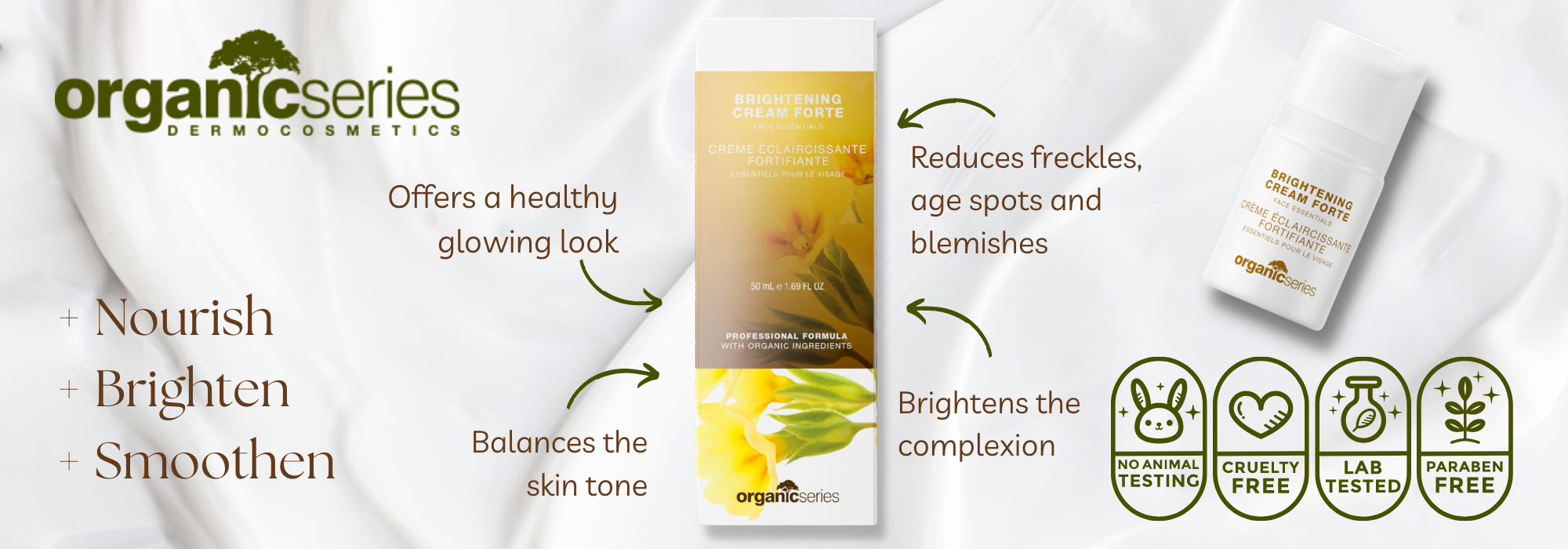
More inspiration
Follow Organic Series UK on instagram and facebook for more inspiration, expert tips and special discount codes!Fight skin discolourations with Organic Series
-
Brightening Serum Intensive | By Organic Series | 15ml, 50ml, 200ml
From £ 12.00Rated 4.60 out of 505 reviews -
-
Face Moisturiser with Sunscreen SPF20 | Moisturising Cream SPF20 By Organic Series | 15ml, 50ml, 200ml
From £ 12.00Rated 4.89 out of 509 reviews -
Lemon Algae Face Mask | By Organic Series | 200ml, 500ml, 1l
From £ 21.00Rated 5.00 out of 502 reviews -

Maria
Cosmetic Chemist
Maria
All Author Posts

